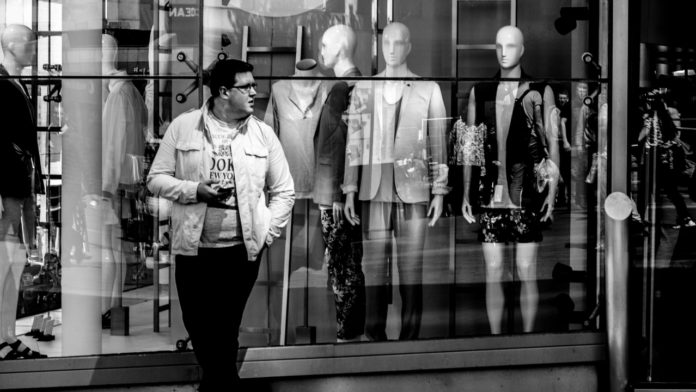A testosterone spike makes men buy “status” goods and not one of same quality but lower status
Men’s preference for brands is linked to testosterone. A recent study led by researchers from Wharton Business School showed that testosterone increased men’s preference for status goods compared to goods of similar perceived quality but seen as lower in status.
The paper, “Single-Dose Testosterone Administration Increases Men’s Preference for Status Goods”, has been published in Nature Communications. The research reveals that consumption of status goods (e.g., luxury products or experiences) is partly driven by biological motives. The results are the first to demonstrate that testosterone causally influences rank-related consumer preferences. The effect is driven by consumers’ aspiration to gain status rather than power or a general inclination for high quality goods.
“In humans, testosterone levels can situationally increase in contexts related to social rank, during competitions and after winning them or in the presence of an attractive mate.”
“In the non-human species literature, some evidence highlights the link between testosterone, and rank-related behavior. In humans, testosterone levels can situationally increase in contexts related to social rank, during competitions and after winning them or in the presence of an attractive mate,” says Hilke Plassmann, INSEAD Chaired Professor of Decision Neuroscience & Brain and Spine Institute (ICM – Inserm/CNRS/Sorbonne Université) and a principal investigator.
Basic research shows there is a fundamental need to signal one’s rank across species. Higher social rank brings individuals several significant advantages such as mating opportunities or access to resources or social influence. In human society, individuals often show their rank in the social hierarchy through economic consumption, in particular through possessing and displaying expensive, luxury brands.
To gain more insights on the role of testosterone on social rank and status associated behavior, a study was conducted involving 243 men of similar age and socio-economic background. Randomly, half of them received a single dose of testosterone that mimicked a testosterone spike that could occur in an everyday situation causing an increased testosterone level; the other half received a placebo treatment. All subjects then participated in two tasks.
In the first one, they were asked to choose between pairs of brands. The pairs were composed of brands that were all pretested to have polarised social rank associations but did not differ in perceived quality. That is, one brand was seen to lift its owner much higher in the social hierarchy (e.g., Calvin Klein) than the other (e.g., Levi’s). For each pair, participants were asked “which brand do you prefer and to what extent?”, on 10-point scale anchored with each brand.



Hey there, You have done a great job. I’ll definitely
digg it and personally suggest to my friends. I am
sure they’ll be benefited from this site.